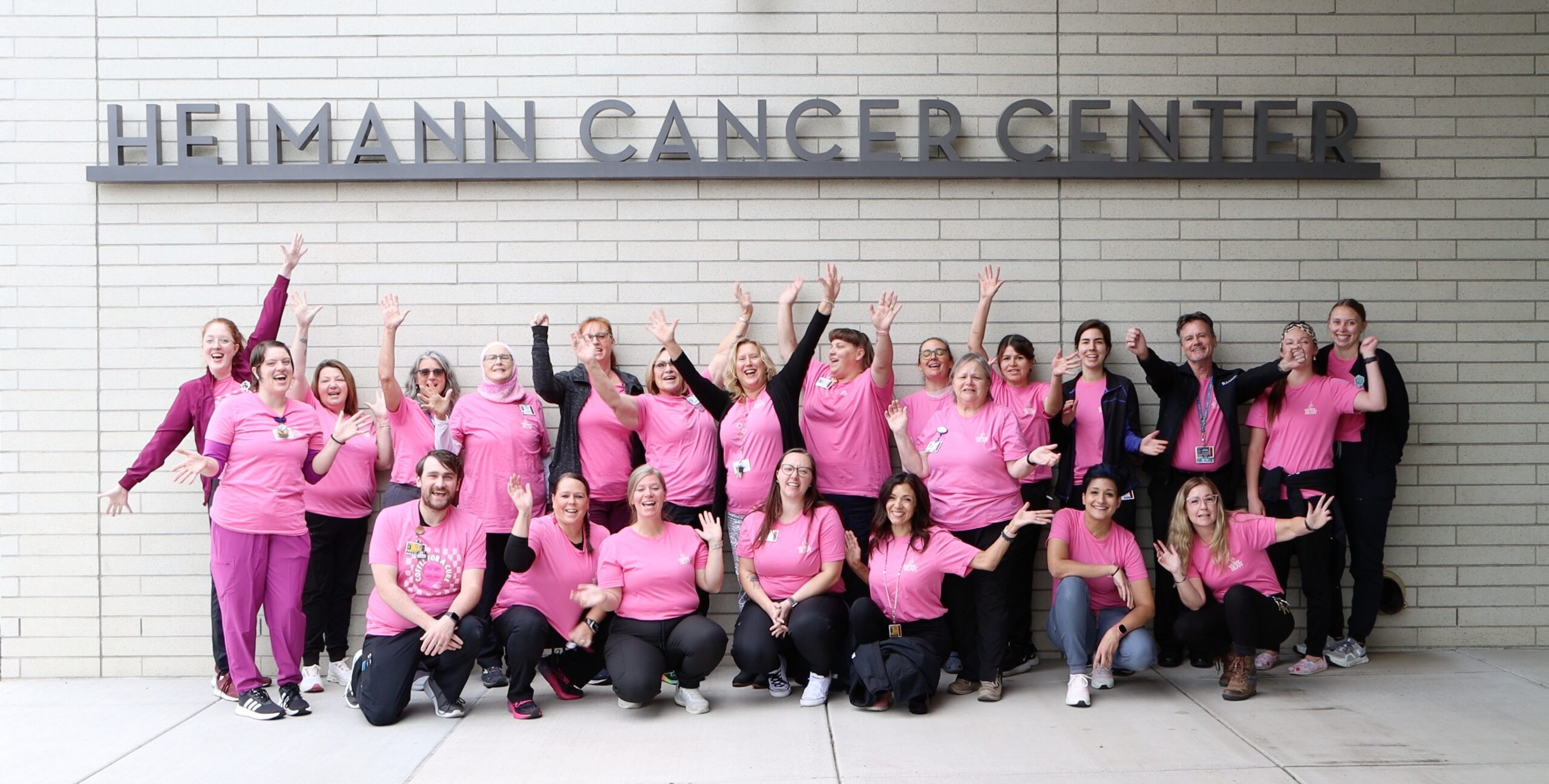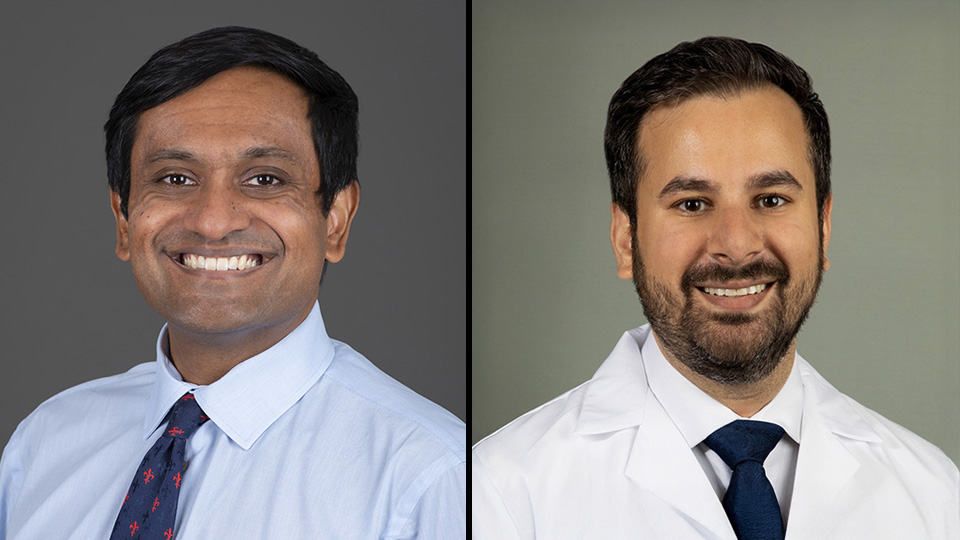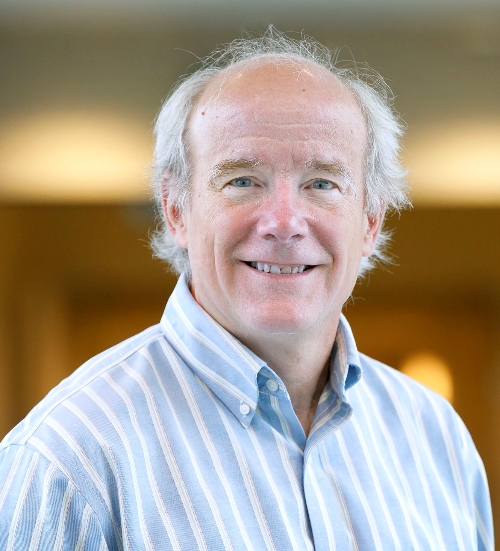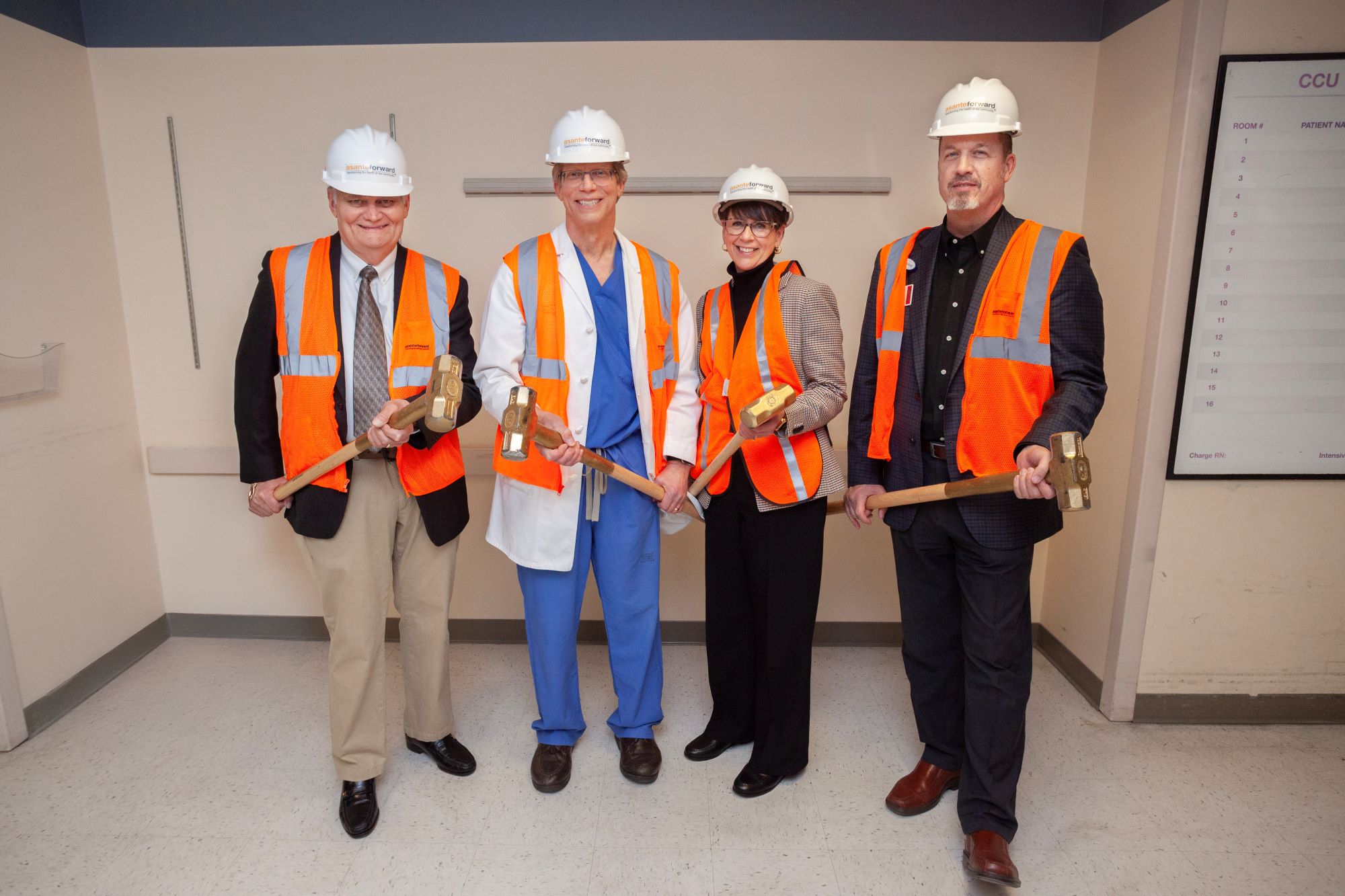Asante poised to increase clinical trials for cancer research

Asante Cancer Research is poised to increase the number and speed of patient enrollments in clinical trials that help find, prevent or treat cancer.
This mighty department of four, which handles some 20-25 trials at the Heimann Cancer Center in Medford and the Spears Cancer Center in Grants Pass, is about to implement two new programs that will handle the mountain of documentation required for trials and make it more accessible to providers, regulatory, and the companies conducting the trials.
“When we asked the main research physicians what would you love to see? What do you want that’s not happening? The first thing they said was, ‘We want to be able to open trials faster,’” says Maya Hawkins Carter, Cancer Research Manager. “Both of these programs will help with that.”
The first is a Florence Healthcare program that manages documentation, data, and workflows for clinical trials. A grant from the Hillcrest Committee of Medford is funding its implementation.
The second is an Epic research module that will make all that data accessible and facilitate the complicated billing for clinical trials.
Trials at Asante range from a new medicine that allows some lung cancer patients to receive a quick injection rather than an infusion to a drug that gives chronic lymphocytic leukemia patients a break from treatment.
Maya Hawkins Carter Research Program Manager and Elizabeth Collmann-Melton, Research Program Coordinator, have been developing relationships with Oregon Health and Science University and pharmaceutical companies such as Genentech to ensure Asante patients have access to new trials as they open.
Such relationships helped Asante acquire Pylarify, a radioactive diagnostic agent used in a PET scan that can detect prostate cancer anywhere in the body.
Clinical trials offer patients access to a potentially transformational medicine that they wouldn’t be able to get outside of a trial.
“They may be getting a treatment that turns out to be the future standard of care,” Maya Hawkins Carter says.








